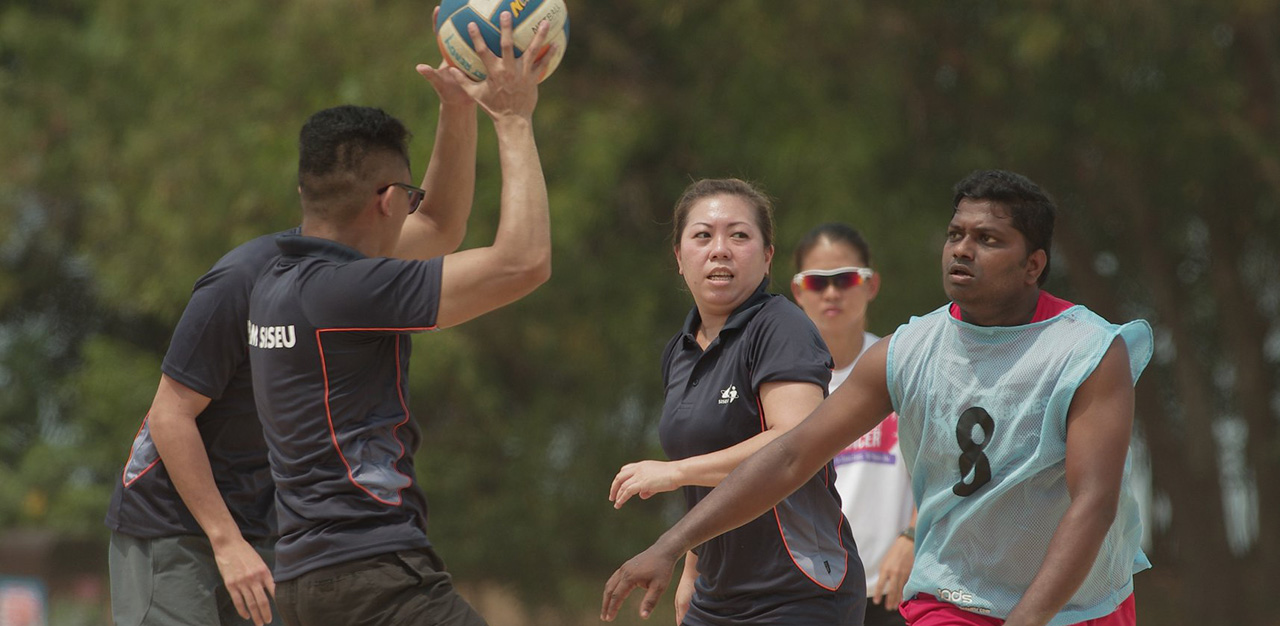In exploring how Singapore’s sports industry could regain some of its former glory and shine, TheHomeGround Asia first looked at the Singapore Sports Hub as the centrepiece of the conversation on how best to utilise the venue post-pandemic. In the second and final part, we go beyond the billion-dollar facility and examine how the local sports ecosystem could be improved by overcoming the country’s physical, economic and cultural mindset challenges.
Hosting high-profile global events in the Formula 1 night race (motor racing), International Champions Cup (football) and HSBC Women’s World Championship (golf) – and five successful editions of the WTA Finals from 2014 to 2018 – has Singapore on the world sporting map for the past decade.
The Republic’s organisational strengths were also complemented by success in the playing fields, most notably Joseph Schooling and Yip Pin Xiu’s gold medals in the 2016 Rio Olympics and Paralympics respectively.
However noteworthy the feats achieved in holding events and competing among the best in the world, they are but part of the gears that comprise the Singapore sporting ecosystem. This became more evident after the Covid-19 pandemic wreaked havoc on the local and international sports calendar for 2020.
In the new normal, every gear, not just the ones who reliably deliver, should be seen as equally important if Singapore sports and the Singapore Sports Hub are to remain relevant to the local population.
Maintaining local hosting capabilities
Having sports as a key area of tourism in the post-pandemic world does not come as a surprise to Kristian Thorbjornsen, the co-founder of the local full-service sports company Sports360.
He believes companies like his remain essential in contributing to the continued running of sports in the country, even if on a smaller scale at the moment.
“The Singapore Tourism Board has always had sports as an area of tourism that would bring in the dollars,” says the 40-year-old business owner.
“Events such as the Singapore Airlines Formula 1 Grand Prix, the HSBC Rugby 7s, the BNP Paribas WTA Finals and the Standard Chartered Singapore Marathon are key events, while smaller grassroots tournaments, such as the JSSL 7s, the 2008 Junior Hockey World Cup and (upcoming) Women’s Floorball World Cup in 2023, supplement the income.”
He adds that Covid-19 has shown how key events and smaller grassroots events can be canned or cancelled overnight, which “probably” leaves micro sports events.
“Pockets of travellers may still come in via travel bubbles for things such as the recent ATP event, coaching courses, seminars and masterclasses,” explains Mr Thorbjornsen.
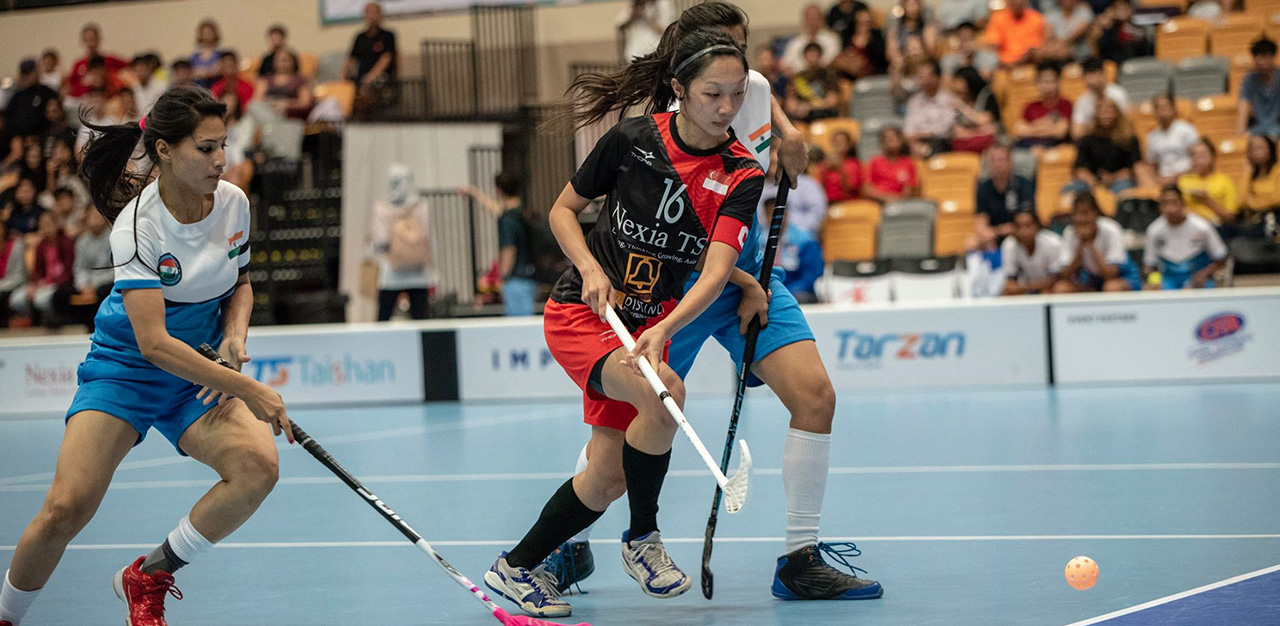
Fadzli Sahat acknowledges that Singapore’s hosting strengths have provided local sports a foundation to build upon.
“Singapore comes across as a place that is orderly, safe, and generally reliable when it comes to operations,” says the former national sports association (NSA) official. “Our location, geopolitical situation and general safety are reasons why we stand out internationally, and have played host to multiple international events before.”
He adds that his contemporaries overseas have shared feedback from their peers and instructors that Singapore is “organised in planning, meticulous and detailed, and generally knowledgeable about things.”
Challenges in changing local mindsets on pro sports
As much as these strengths have been lauded internationally, they have mainly come from the authorities. While the top-down approach has delivered, there is much work to be done to enhance the local sports ecosystem from the bottom up.
“Given that the Government is often an initiator of certain measures to kickstart desired behaviour (think of the cleanliness campaigns, for example) by way of public service announcements, it is just a bit of a shame that sports, be it developing or elite, does not quite seem to be a priority at the moment,” says Mr Fadzli.
“Unlike some countries where sporting events or even exports might be a potential source of revenue or income for the country, I am inclined to believe that Singapore is doing well enough economically even without any additional revenue from sports.”
Mr Thorbjornsen believes that more can be done despite the improvements made by Sport Singapore, the local sports governing body.
“One of the key changes I feel has happened is a more involved approach by Sport Singapore to help sort out mismanagement at the NSA level,” he says. “Powers have been left unchecked and unbalanced for too long.”
He notes that Sport Singapore has put in more resources to build better venues, such as the Sports Hub, the new Tennis Centre and the new Home of Football at Kallang. And says that not many countries can “match” Singapore in terms of its facilities: “Sports halls, artificial turf pitches, swimming pools – we have them all. What we lack is the rest of the ecosystem.”
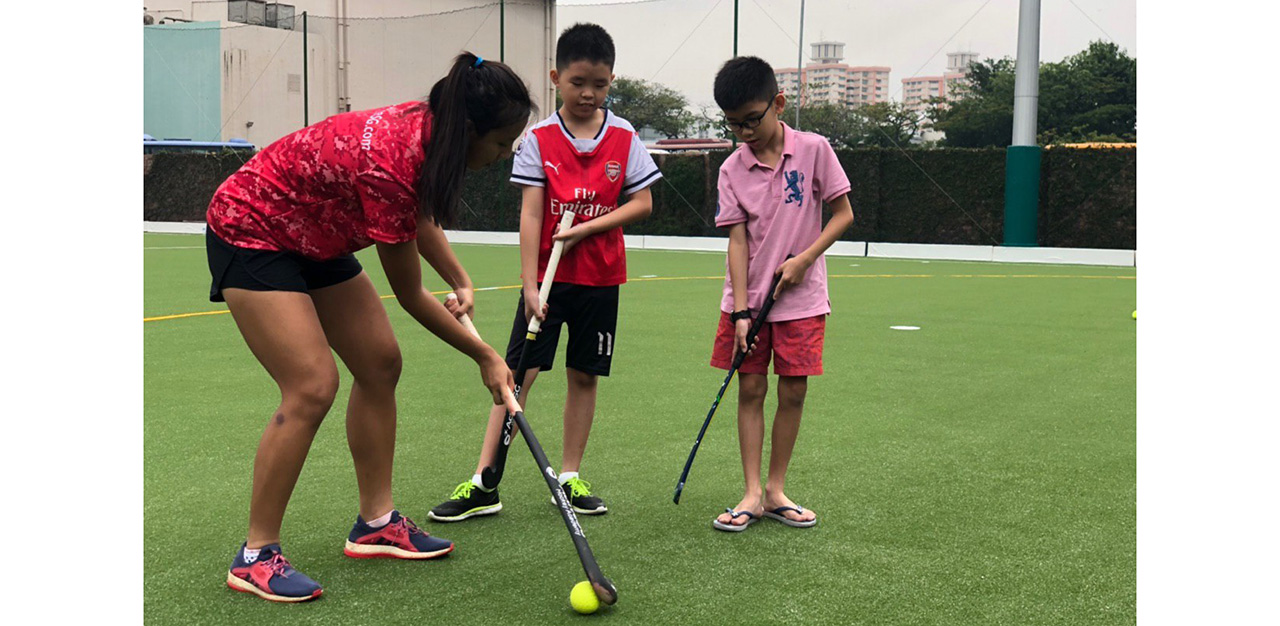
Mr Thorbjornsen thinks that the challenge Singapore faces in developing more world-class athletes is its mindset.
“It takes a village to raise a child. The same applies to raising an athlete,” he continues. “In other countries, sports is a way out of poverty, hence the hunger. Unfortunately, this does not apply here in Singapore, so hunger needs to be replaced by desire.”
But this desire is in short supply, because he thinks that the support ecosystem is lacking here: “The state does not support until the athlete is proven, parents discourage and fans criticise,” he notes. “We are happy to send our kids for sports and academies until the PSLE (Primary School Leaving Education) where the academic pressure kicks in.”
Mr Fadzli is sympathetic of parents’ dilemmas in wanting their children to become successful athletes if their talents allow.
The 35-year-old cites his personal experience in attempting to make it as a professional footballer: “I grew up chasing a dream to play professional football. The pathway back then was evident: Be good enough to be spotted to play in a Centre-of-Excellence of an S League (now Singapore Premier League) club, rise through the ranks and one day turn professional.”
But he adds that the pathway is less evident these days, which could be the reason why people are sceptical about choosing sports as a career.
“Especially being an athlete, with the extraordinarily high attrition rate of elite sports, even a slight misfortune in suffering from a freak injury can easily end one’s career even before it has taken off,” notes Mr Fadzli.
Building a more professional sporting culture
One way of changing the prevailing, local mindset about sports is to enhance the professionalism of the ecosystem, from the athlete to the sectors feeding to and off the arena.
“The athlete needs to be truly driven and fuelled by his/her own passion to be successful,” says Mr Thorbjornsen. “From grassroots to elite levels, it requires professionalism and discipline from all ranks across the sports.”
Citing his experiences leading school sports teams on overseas training tours through his Sports360 subsidiary The Sports Traveller, he has witnessed how other nations have developed quality traits from a young age.
“In Thailand, Taiwan and Japan, when training starts at 3pm, players are fully suited up and warming up by 2.30pm,” he explains. “At the specified training time, the coach walks in and everyone is ready to start the session at the right intensity, thus maximising training efficiency.”
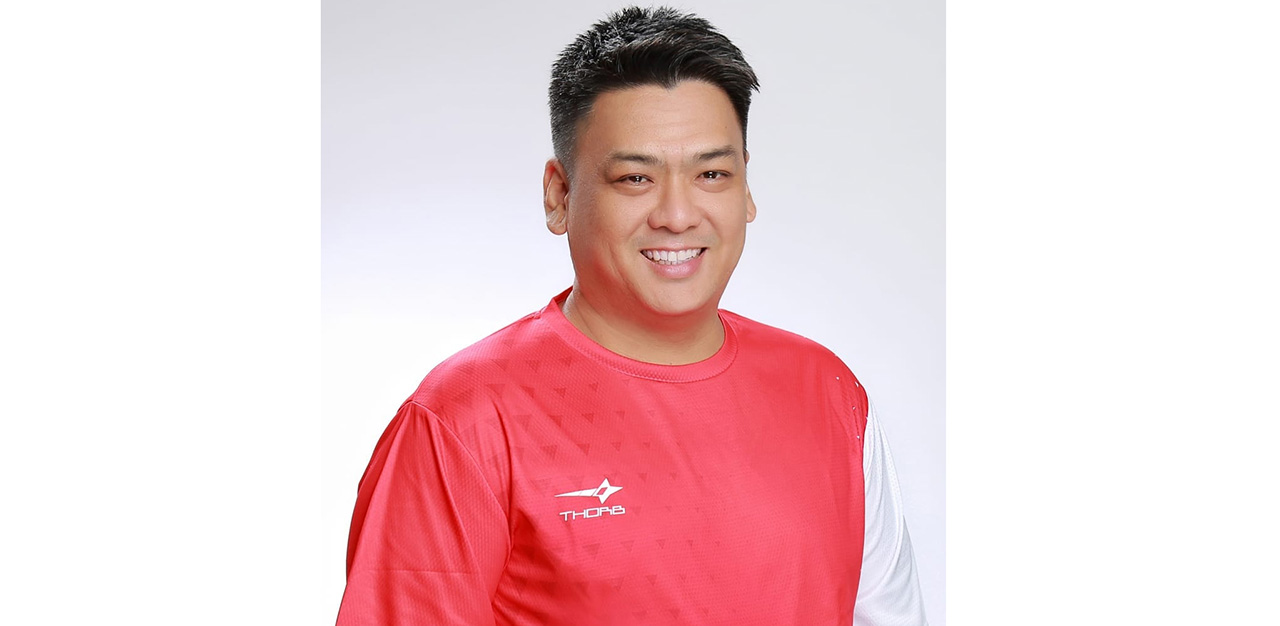
Taking sports to the next level in Singapore goes beyond the training and playing fields, the coaches and athletes, if the nation wants representatives who can be competitive in international competitions, instead of relying on wildcards on home soil.
Citing Taiwan as a potential model for local sports authorities to follow, he believes giving budding athletes peace of mind on their post-sports future allows them to focus on their respective areas of discipline.
“School sports are taken very seriously,” says Mr Thorbjornsen. “Sports scholarships offer student athletes comfort that while they pour in the sweat and effort on their field of play, their future is taken care of with almost a guarantee of solid tertiary education.”
More than just the athletes
Beyond the increased demand for professionalism among athletes, the local sports industry requires the coaches, trainers, administrators and beyond to step up their respective games.
Just because a sporting career as an athlete ends at a young age does not mean a permanent end to involvement in local sports.
Having seen both sides of the sporting coin as a youth footballer and administrator, Mr Fadzli believes an industry workforce involving former athletes can create a more vibrant, expanded sporting environment.
“A local functioning sports ecosystem is also important not only because of the grassroots-to-professional theme, but also because it could be the springboard to creating another employment industry altogether,” he explains.
“The people involved in the non-playing part of sports – sport scientists, managers, administrators – can potentially be a career choice for people who, for one reason or another, are not playing at the highest level possible anymore.”
Building home-grown brands amid foreign competition
Mr Thorbjornsen is a testament to how a passion for sports can be turned into a successful business. His sports apparel brand THORB is adorned proudly by many locals, from school athletes to elite sportsmen, since its inception in 2008.
From kitting out professional football teams Tanjong Pagar United and Geylang International, to providing jerseys for six different sports in the 2019 Southeast Asian (SEA) Games, THORB is a major home-grown sports brand sought after in the local sports industry.
“When we first launched THORB, our aim was to be the national sportswear brand that Singaporeans could be proud of,” he says. And added that THORB wanted to be what Nike and Under Armour are to the USA, what Adidas and Puma are to Germany and what Mizuno and Asics are to Japan.
“We wanted to be able to say that we are the national sportswear brand of and from Singapore. We envisioned the day Team Singapore would march out at any major games donning THORB.”
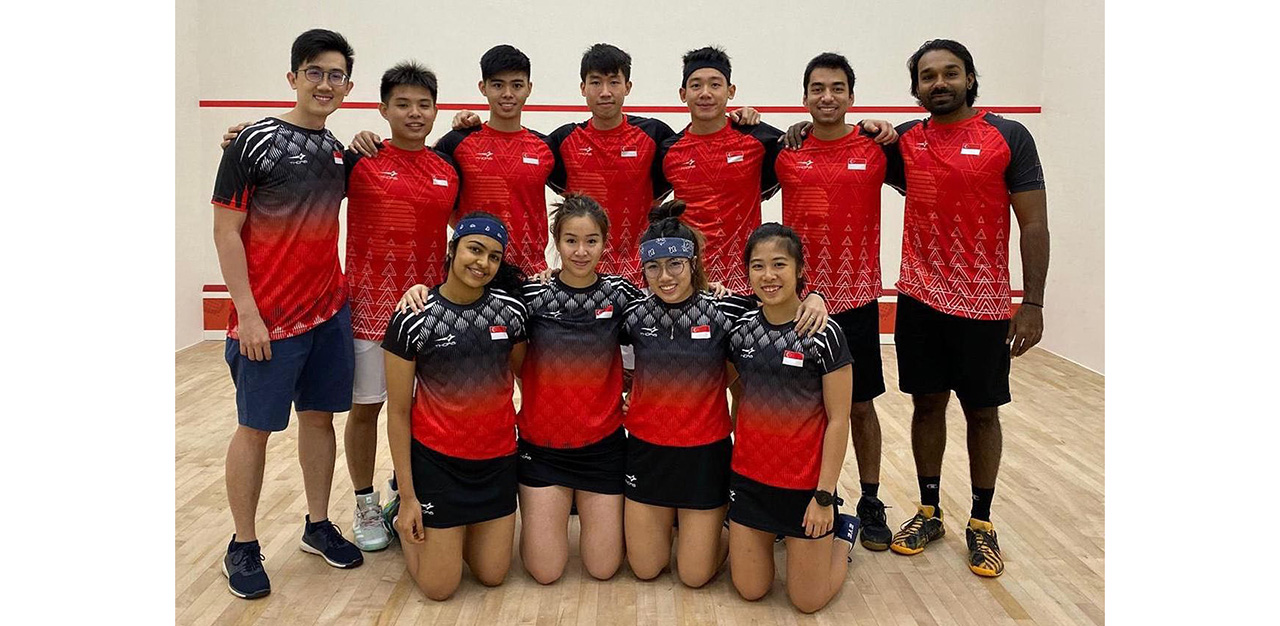
Being a local sportswear company is no bed of roses, as challenges arise in terms of reaching out to a small national market and matching competition from leading global sports brands at local sports shops.
“With a small market size, coupled with the fact that Singapore as a hub to the rest of Southeast Asia and most major brands calling us home, scaling was always going to be a challenge with the level of competition we are facing both from bigger and smaller brands alike,” he adds.
Who are you, who are you?
From the days where locals could rattle off the names of Wong Peng Soon, Tan Howe Liang, Fandi Ahmad, Ang Peng Siong and other athletes of yesteryears without batting an eyelid, many now struggle to identify the current national sportsmen beyond Schooling, Yip, Theresa Goh and the Fandi sons.
Several athletes who have won gold medals in the SEA Games and represented the nation in the Olympics like sailing’s Colin Cheng, for example, fall under the radar for some time with nary a mention – until the next multi-sports games come along.
Mr Thorbjornsen feels that the lack of media engagement has partly contributed to the apathy from the general public towards local sports.
“The media has the power to fuel our imagination and our understanding of our athletes. To make us feel closer and more intimate and thus create a bond for us to support,” he says.
During the Malaysia Cup days, for instance, Mr Thorbjornsen says that media coverage was one factor that made matches more exciting. Newspapers would draw up rivalries, create hype and make an everyday hero out of the latest footballer to enter the scene. He adds that the coverage made the players personable so people could relate and in turn increase their support.
But he laments, “These days, no one knows who our footballers are anymore. How can I support the Young Lions when I do not know any single player, their background, the hardships they went through, their dreams and hopes?”
He feels that giving the athletes some spotlight would make them feel that their hard work and sacrifice are worthwhile.
“The media is important to ensure that Singaporeans know and realise the achievements, hard work and sacrifices that our athletes put in. It would be a huge catalyst to grow the support and fan base,” he says.
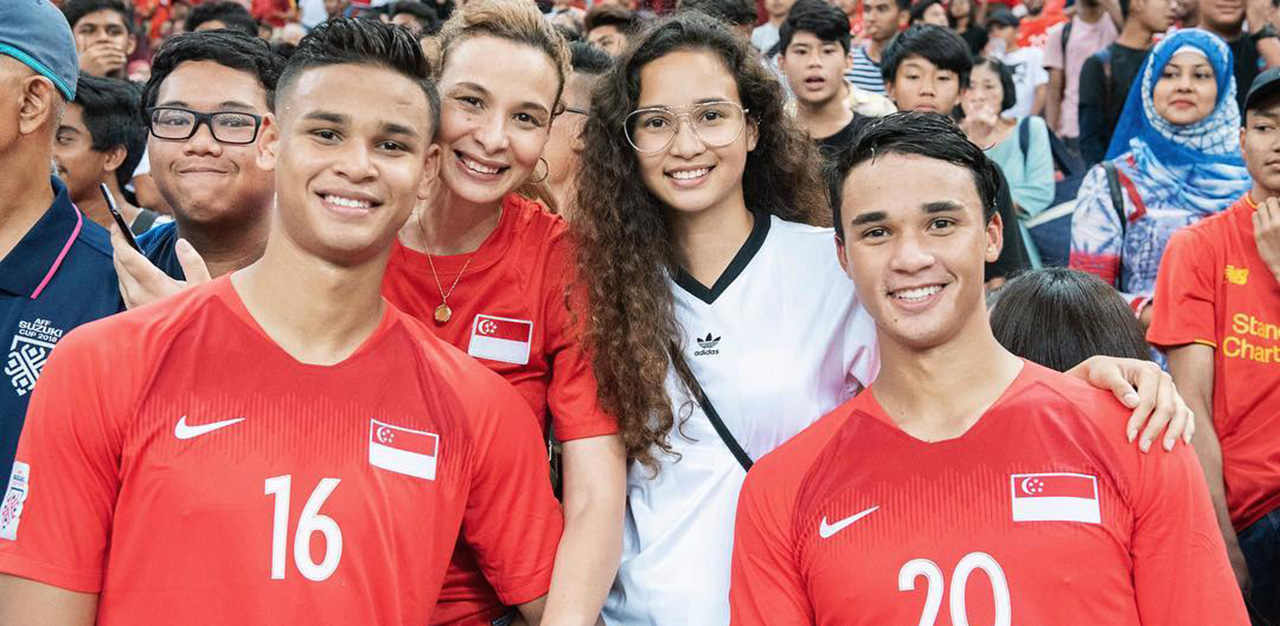
Building a functioning local sports ecosystem
Mr Fadzli accepts that the Singapore public might demand more from the athletes and sit on the fence before committing their support for the cause.
“It is like a chicken-and-egg situation,” he explains. “The archetypical Singapore sport fan often wants to see a winning team first before they want to get behind them.
“But in sporting instances, the influence of fans towards success cannot be underestimated. I suppose a lot will boil down to how both sides (fans and sport organisations, clubs) engage one another.”
Mr Thorbjornsen believes that it takes convincing the sceptical public before a proactive local sports culture can be realised.
“Healthy and vibrant without the successes, glamour and money that you remove from the sports ecosystem equation don’t seem to gel in Singapore’s context,” he says.
“It will take a mindset shift and banding together of people (businesses, NSAs, fans)…to try and change our sporting culture. It might be lonely at the start and take very long, but we have to start somewhere.”
In spite of the present local sports system, Mr Fadzli thinks that the values that make the present athletes, officials and home-grown companies persist in their respective areas of specialisations should be commended.
“A basic principle of sport is to compete. You want to compete against the best, to see where you stand in the world,” he says. “I think this desire or motivation to compete should be at the core of the psychology of an athlete, at any level.”
The teaching of values to accompany this intrinsic motivation to want to compete including winning with humility, and accepting defeat with grace, would ensure the holistic development of an athlete, argues Mr Fadzli.
“Sporting agencies and companies deserve double the plaudits for doing their utmost to foster a positive sporting culture, despite the difficulties they face from a sociocultural perspective.”
The last word falls on Mr Thorbjornsen, who is looking to see whether the local sports culture can step up and be counted upon when it matters.
“As an entire ecosystem, we can do more together,” he emphasises, adding that a good test would be to see how the public would support the current Under-15 World Number 1 table tennis player, Singaporean Izaac Quek. The other would be whether his ranking could stand the test of academic pressure, national service and NSA development.
Says Mr Thorbjornsen, “Having fans at games and matches, having everyone participate in sports, having the media cover even the smaller sports leagues (handball, tchoukball etc), having parents being supportive, would really help make the sports scene more happening.”
